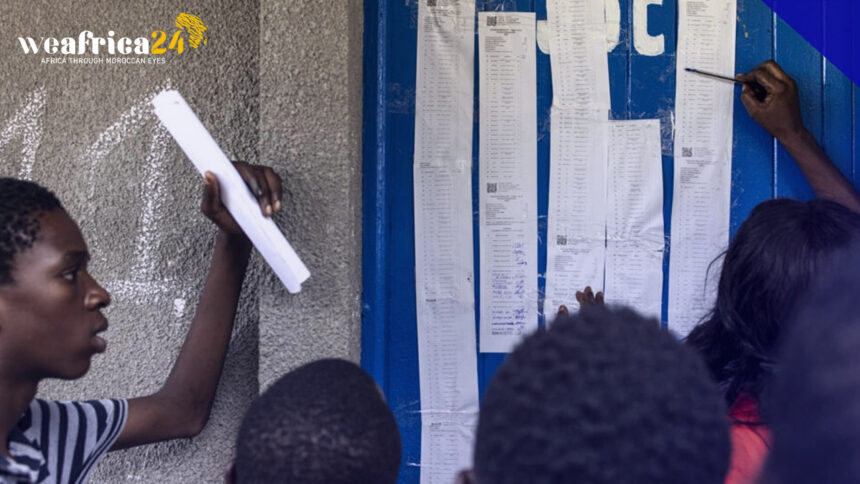In the aftermath of the legislative elections in the Democratic Republic of Congo (DRC), the union led by the re-elected President Félix Tshisekedi has secured over 430 out of approximately 470 seats, positioning the ruling party UDPS and its affiliated parties and allies at the forefront. However, the opposition, facing setbacks, is contesting the provisional results, setting the stage for legal challenges before the Constitutional Court.
Despite the ruling coalition’s unprecedented victory, with at least 430 deputies out of the total seats, dissatisfaction has surfaced among some members of President Félix Thisekedi’s alliance. Expressing their discontent on social media and within political circles, some describe the results as “appointments,” while others perceive them as settling scores.
Opacity and Allegations
Criticism has also been directed at the lack of transparency in the calculation and allocation of seats, as highlighted by the observation mission of the Catholic and Protestant Churches. A spokesperson for the Independent National Electoral Commission (CENI), argued that many dissenters lack a comprehensive understanding of electoral laws and threshold calculation methods. The mission had previously emphasized that such opacity does not instill confidence among stakeholders and hinders the acceptance of results.
Radical opposition figures have reiterated their rejection of the electoral process and its outcomes, branding it as an “ignominy.” Moïse Katumbi’s camp, securing only around twenty seats according to provisional results, deems it a “charade.” Matata Mponyo’s faction characterizes the elections as “chaotic.”
Heterogeneous Majority
Ithiel Batumike, a researcher at the Congolese Institute of Ebuteli Research, analyzes the emerging majority as reflective of the presidential election’s popular mandate. The president’s party, along with left-leaning parties, forms a heterogeneous majority. However, Batumike notes the complexity of governance, as the president’s nine affiliated parties fall short of the 251 deputies required for stable governance.
To bridge this gap, allies will be sought, but they are not expected to be burdensome. On the opposition front, Moïse Katumbi’s coalition, with approximately 22-23 deputies, faces marginal influence, signaling a challenge for the opposition to wield substantial influence in public discourse.







